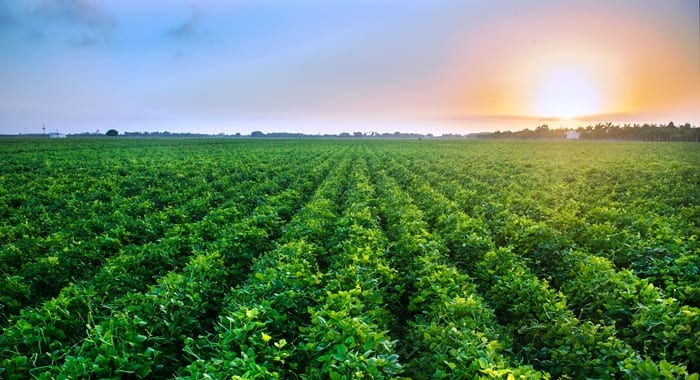
Minister in the Ministry of Economic Affairs and Investment, Marsha Caddle, believes that more must be done to utilize the Barbados and Caribbean brand when it comes to promoting and selling local and regional commodities across the world.
The Minister made this point during a live YouTube discussion on the topic, The Future of the Caribbean: Sustainable Supply Chains, Trade, and Agriculture, hosted by the Grow Local Caribbean Team.
The other participants were Jamaica’s Minister of State in the Ministry of Industry, Commerce, Agriculture and Fisheries, Floyd Green; Jamaica’s Opposition Spokesperson for the Ministry of Foreign Affairs and Foreign Trade, who is also Director of Lydford Logistics, Lisa Hanna; and Oneyka Akumah, Founder and CEO of Farmcrowdy from Nigeria.
It was hosted by Ethnie Miller Simpson, Managing Director of Grow Local Caribbean, an entity which provides resources that Caribbean businesses need to grow and scale.
Minister Caddle noted that within the local agricultural sector, government was focused on identifying those things that were unique to Barbados.
She suggested that branding was key to standing out, especially within a niche market and where there are economies of scale.
“Branding for us is extremely important. We keep talking about niche markets and the issue even with a niche market is that we still have economies of scale. Even if we have a couple of producers who are able to create a niche high value product, because of our size it is very unlikely that we will still be able to produce enough of that product to make a dent in the market, even within the region.
“One of the things we have focused on doing is identifying what are uniquely Bajan things. Black belly sheep is one of those things. It is sought after all over the world; there are chefs in different restaurants who say if we have that lamb we don’t want anything else. The same for avocado and the same for aloe vera, so we are really focused on that…,” she explained.

The Investment Minister also lamented that too often Caribbean products are being packaged and resold to the region and she stressed that regional islands needed to do a much better job in this regard.
“We can globalize even the production but we need to really brand who we are and what we are selling. This issue came up even recently with the ‘clash’ between (musicians) Bounty and Beenie. Why is it that people are selling back to us our Caribbean product? We hear all these jingles in advertising and you have a soca rhythm in the back [or] you have a reggae rhythm, because our brand is happiness, the Caribbean brand is happiness and we are not doing anything with that. So I think as part of our overall conversation, that is a huge part of what we need to do,” she emphasized.
Adding to the conversation was Lisa Hanna, who pointed out that a huge part the problem with agriculture was that the youth did not see the sector as attractive.
She also complained about value added products, which are grown in Jamaica, being imported and sold on the island.
“I say we need to make farming ‘sexy’ because it is where the next frontier is coming from… I should not be sitting in Jamaica and buying a packaged can of coconut water. I shouldn’t be sitting in Jamaica and buying cured mangoes from Indonesia. That to me is just criminal because what we keep doing is exporting our primary products,” she argued, adding that locals must also be able to afford locally grown products.
Ms. Hanna also called for more investment into the industry and the identification of what are the global competitive advantages, especially since she did not believe there would be enough prosperity generated by feeding one’s population alone.
